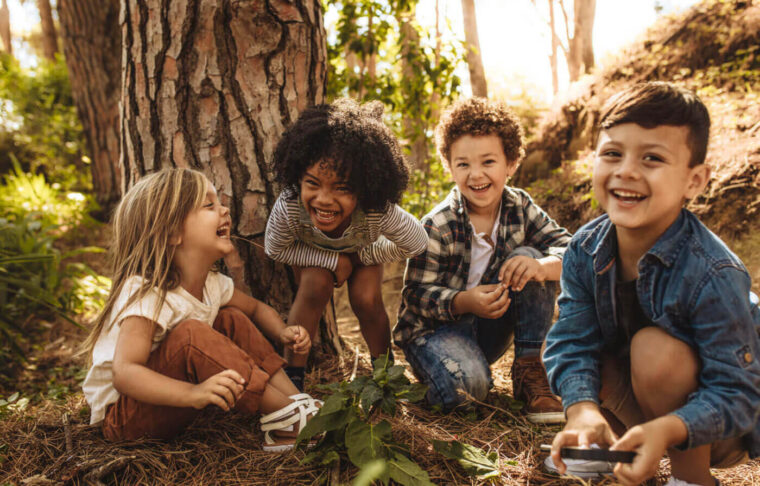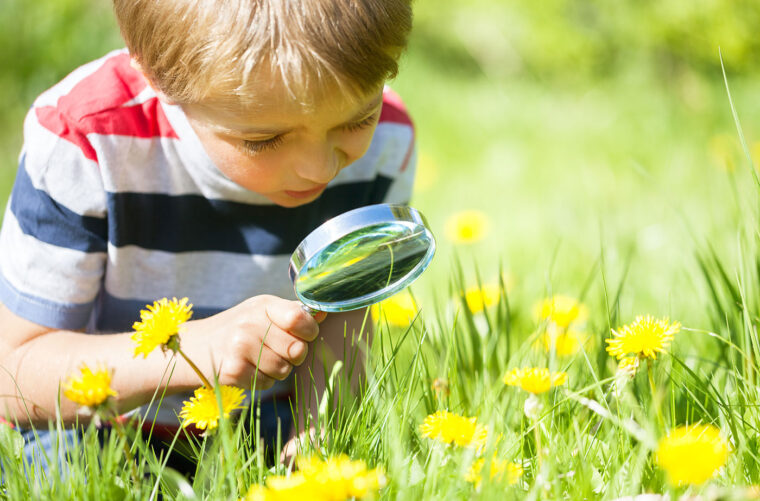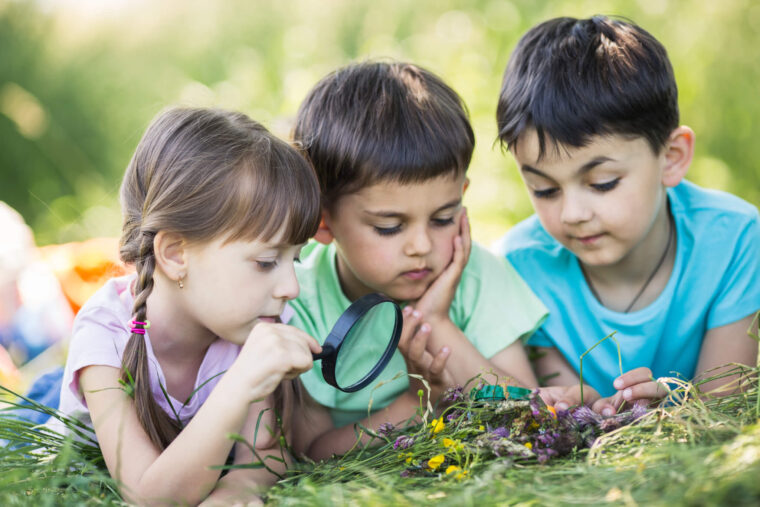Raising young children can be overwhelming for parents seeking the best preschool program. Research emphasizes the benefits of nature-based learning, which enhances cognitive, physical, and social-emotional growth in ways traditional classrooms may lack.
Despite safety concerns restricting outdoor access, experts assert that following proper precautions outweighs the risks in terms of developmental benefits. Outdoors, children refine essential skills for school readiness by interacting with soil creatures, chasing butterflies, and enthusiastically reenacting stories with natural materials.
In evaluating early education options, consider prioritizing nature time. Institutions like Little Scribblers Belmore or a similar one near you can provide an outdoor extension, meeting core developmental needs. This approach ensures preschoolers enter school-age years cognitively prepared, physically healthy, and socially equipped to thrive.
The Impact Of Nature On Early Childhood Development

The science confirming that outdoor-based learning cultivates core capabilities is too compelling to ignore. As the following key impacts demonstrate, frequent and unstructured exposure to natural settings provides essential stimulation children cannot get in a classroom.
- Cognitive development – Frequent exposure to natural settings stimulates young minds. Interacting with diverse sights, textures, and sounds piques curiosity and attention in a motivating hands-on context. Understanding deepens as young children directly observe science concepts like weather, seasons, and life cycles unfolding daily. The inherent problem-solving required for outdoor play and exploration challenges emerging reasoning and critical thinking capacities.
- Physical development – Nature provides an ideal environment for preschoolers to build physical abilities. The open spaces allow more running, jumping, balancing, and climbing than indoor classrooms permit. The variety of natural objects to grasp and manipulate develops fine motor dexterity and strength. The constant motion outdoors has proven physical activity and fitness benefits over predominantly sedentary inside time.
- Social and emotional development – The cooperative social interaction necessitated in outdoor play spaces nurtures emotional intelligence. Young children gain confidence and resilience when empowered to manage risks and overcome novel challenges on their own terms. Negotiating roles, resources, and activities without adult directives teaches essential communication, sharing, and self-regulation skills. Research shows that just being around nature has measurable effects, reducing anxiety, aggression, and other challenging behaviors.
The research-backed developmental impacts across cognitive, physical, and socioemotional domains show why nature should be an integral part of early childhood education, not an afterthought.
Enhanced Learning Experiences In Nature

Outdoor spaces are more than just venues for playtime in between academic lessons. Utilizing nature as an integrated learning environment enhances preschoolers’ educational experiences across several key domains.
- Science and nature exploration – The outdoors provides the perfect lab for young kids to actively learn concepts like habitats, life cycles, seasons, and weather. They can get hands-on examining insects, categorizing plants, studying shadows, and tracking changes over time. This direct experience cement understanding much more than textbooks. And learning in natural contexts spurs their innate curiosity and engagement.
- Language and communication skills – Nature introduces many new words as preschoolers joyfully describe discoveries, ask questions, or participate in pretend play. The sights, smells, textures, and sounds unique to outdoor spaces expand vocabulary exponentially. Negotiating roles, resources, and activities in play also builds essential conversation and cooperation abilities.
- Creativity and Imagination – Unlike highly structured indoor classrooms, open-ended play in nature cultivates creativity. Whether using sticks and stones to invent spontaneous games or craft natural materials into artwork, preschoolers exercise ingenuity on their terms. Teachers can also spark imaginative stories by reading outdoors and prompting children to reinvent tales incorporating surrounding items.
Engaging young children in nature enriches learning across crucial domains and is a powerful motivator for their educational journey. Confined classrooms fall short of replicating the dynamic outdoor environment, where research consistently shows ample time for exploration, building, conversation, and creation leads to the blossoming of young minds.
Overcoming Challenges In Implementing Nature-Based Learning

Moving preschool outdoors full-time undeniably has complications. However, deliberate planning, policy, and wise investments can effectively overcome key logistical hang-ups:
- Safety concerns – Mitigate risks like allergies or getting lost through close supervision and securing boundaries. Gradually start with contained courtyards or fenced playgrounds.
- Assessing progress – Use alternative techniques like nature journals, photos, videos, conversations, and drawings to capture diverse developmental growth evidence over time.
- Exposure issues – Resolve weather barriers with protective clothing and indoor/outdoor facilities to blend curricula seamlessly.
Prioritizing nature does require creatively addressing these practical challenges. However, the developmental risks of excessive confinement indoors are far more significant. And the profound cognitive, physical, and socio-emotional benefits preschoolers gain from immersive outdoor learning experiences cannot be overstated.
Final Thoughts
Childhood is fleeting. In the quest for the best early education, it’s vital to ask: Are you maximizing this developmental window or confining young kids indoors due to safety fears and rigid traditions?
The solution is outside. Nature immersion enriches growth across cognitive, physical, and socio-emotional domains, surpassing what indoor settings can achieve. While outdoor challenges exist, the rewards for preschoolers extend beyond academics. Integrating nature into early education daily is crucial to ensure the next generation’s health and promise. Small steps at home or in the classroom can make a significant impact. Let the young minds of this world flourish.
